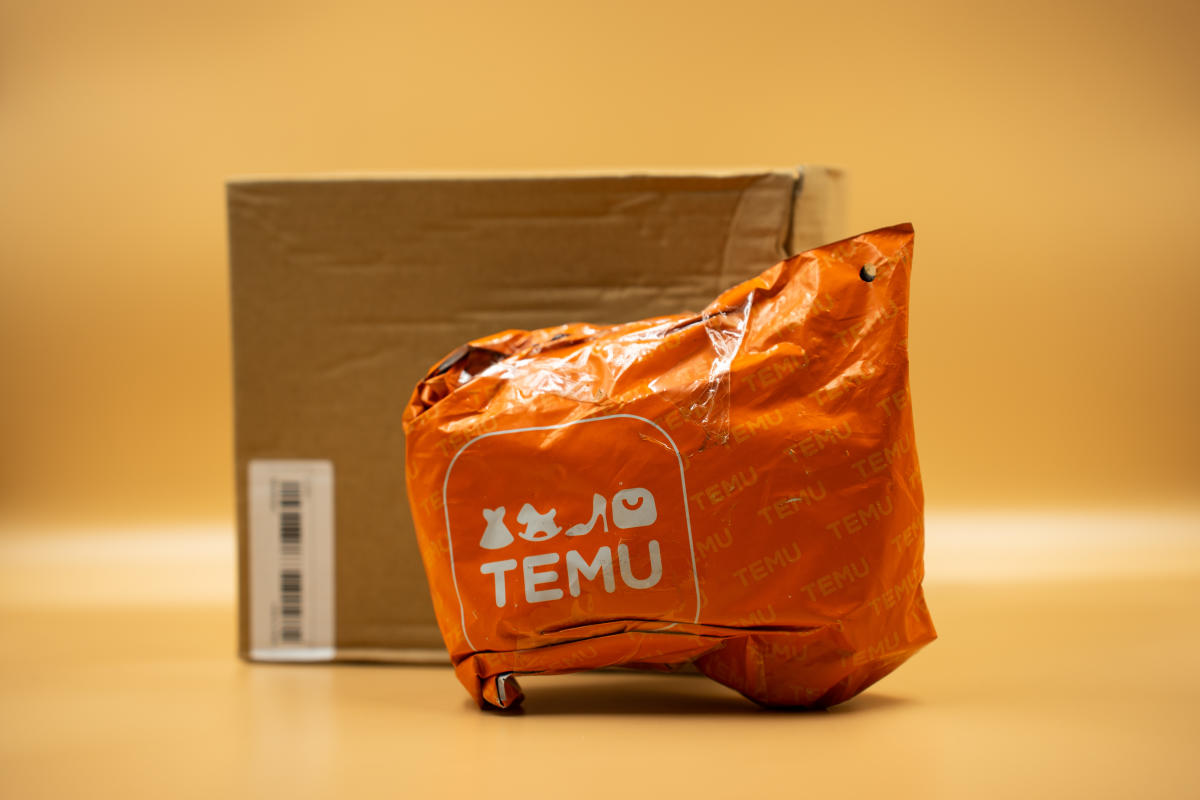USPS Temporarily Stops Accepting Inbound Parcels from China and Hong Kong
The United States Postal Service (USPS) has temporarily stopped accepting inbound parcels from China and Hong Kong, according to a notice posted on its website. This decision is a direct result of the Trump administration’s order to end import tax exemption for small packages shipped into the US worth less than $800. The administration also imposed an additional 10 percent tariff on goods imported from China.
The “de minimis” import tax exemption rule allows e-commerce companies to sell to customers in the US while keeping prices on their platforms low. This rule was originally intended to make it easier to send gifts stateside, but the US government has been considering removing or altering it in recent years due to the rise of e-commerce shipments. Now, the Trump administration has removed it completely, and so quickly, that shipping companies are scrambling to find a way to get packages into the US.
Consequences of the Suspension
A Canadian trucking company owner told Wired that his trucks were turned away at the border because they contained packages from China. The owner explained that border control was “actually going through the trucks and randomly checking the packages.” He noted that it won’t be easy to sort packages to remove everything coming in from China, so this development would most likely cause delivery delays.
Impact on E-commerce Shipments
According to US Customs, there were over 1.36 billion de minimis shipments to the US within the 2024 fiscal year. If the agency decides to hold all de minimis shipments at the border, that means they may have to process around 3.7 million packages a day to check how much import taxes and other additional fees the receiver or buyer has to pay. This could cause a massive backlog in shipments.
Possible Solutions
A customs and trade management business executive told Wired that the government could choose to keep packages moving instead and to charge people for the fees retroactively. In the future, though, China’s e-commerce platforms could start adding those fees, along with the 10 percent tariff now required for Chinese goods, to a customer’s total amount, making it more expensive to buy from websites like Shein and Temu.
Source Link





